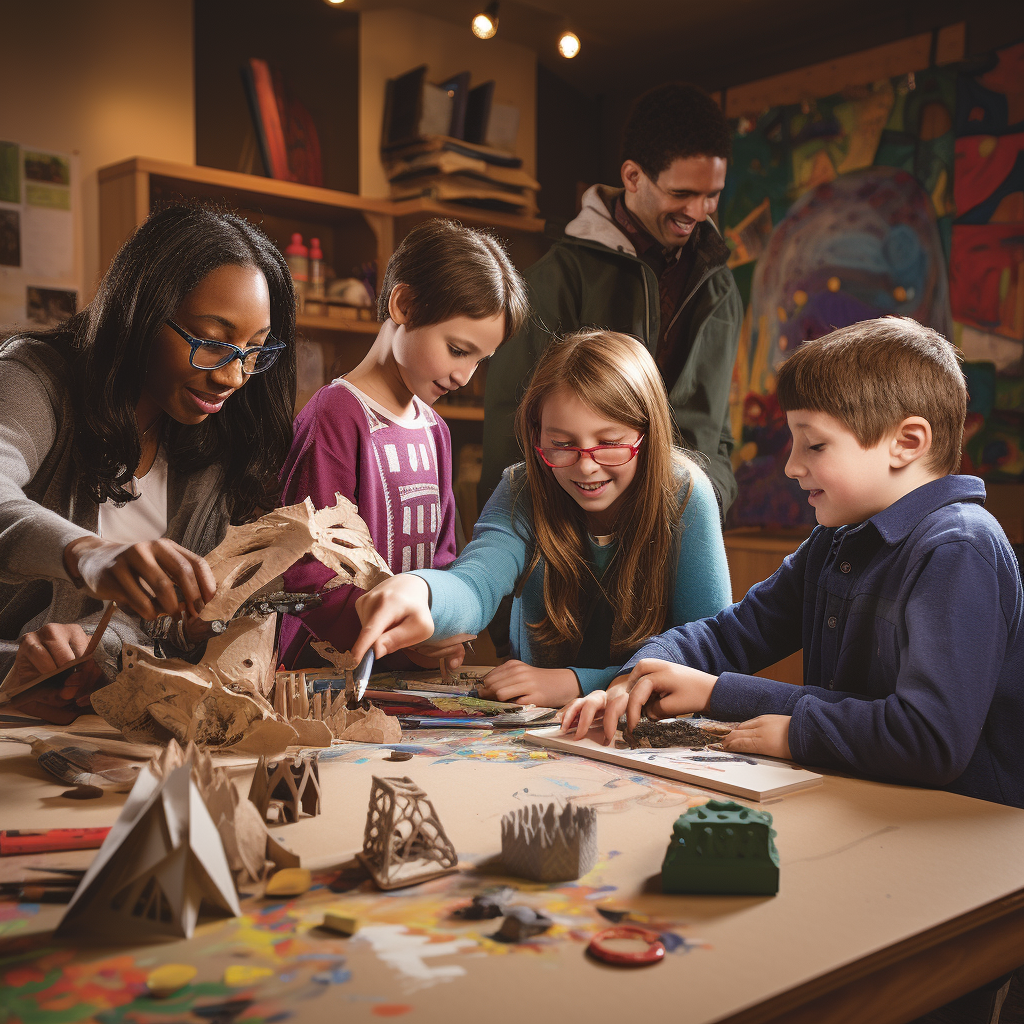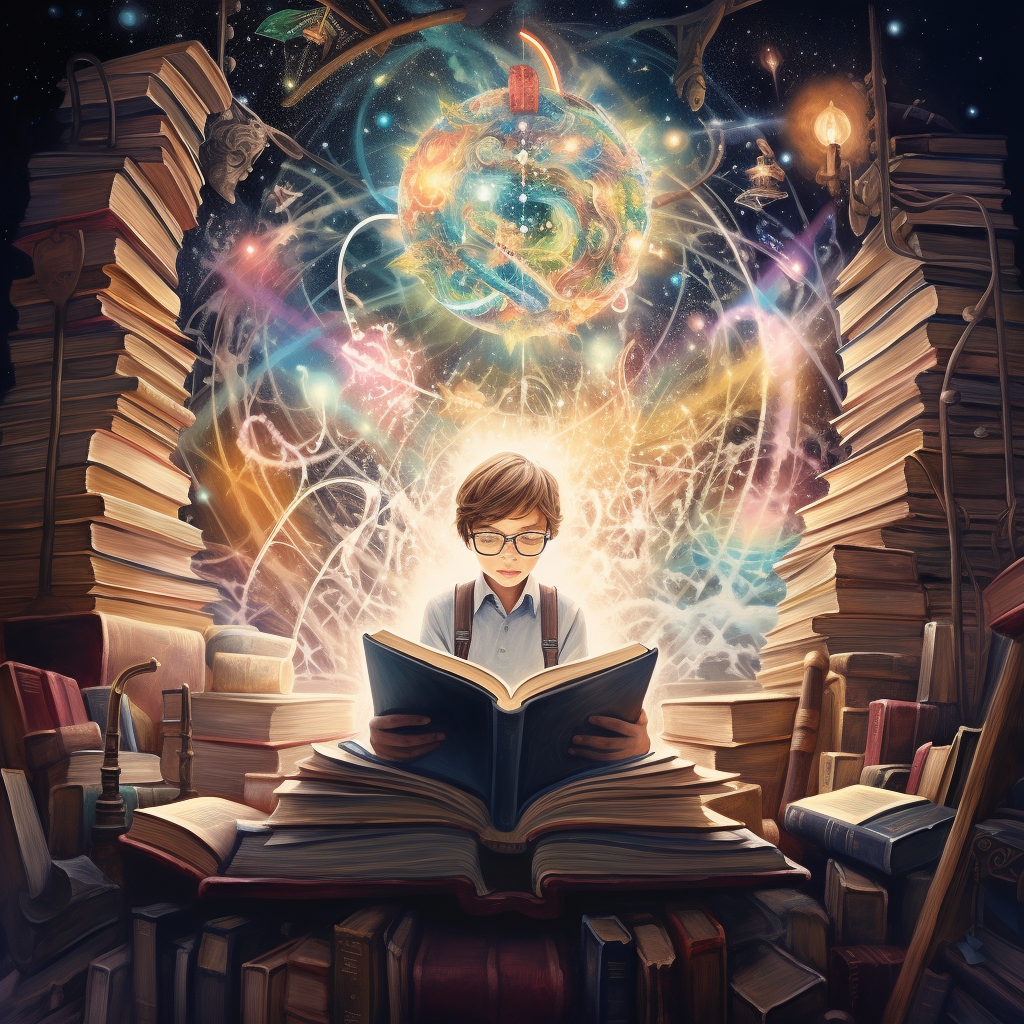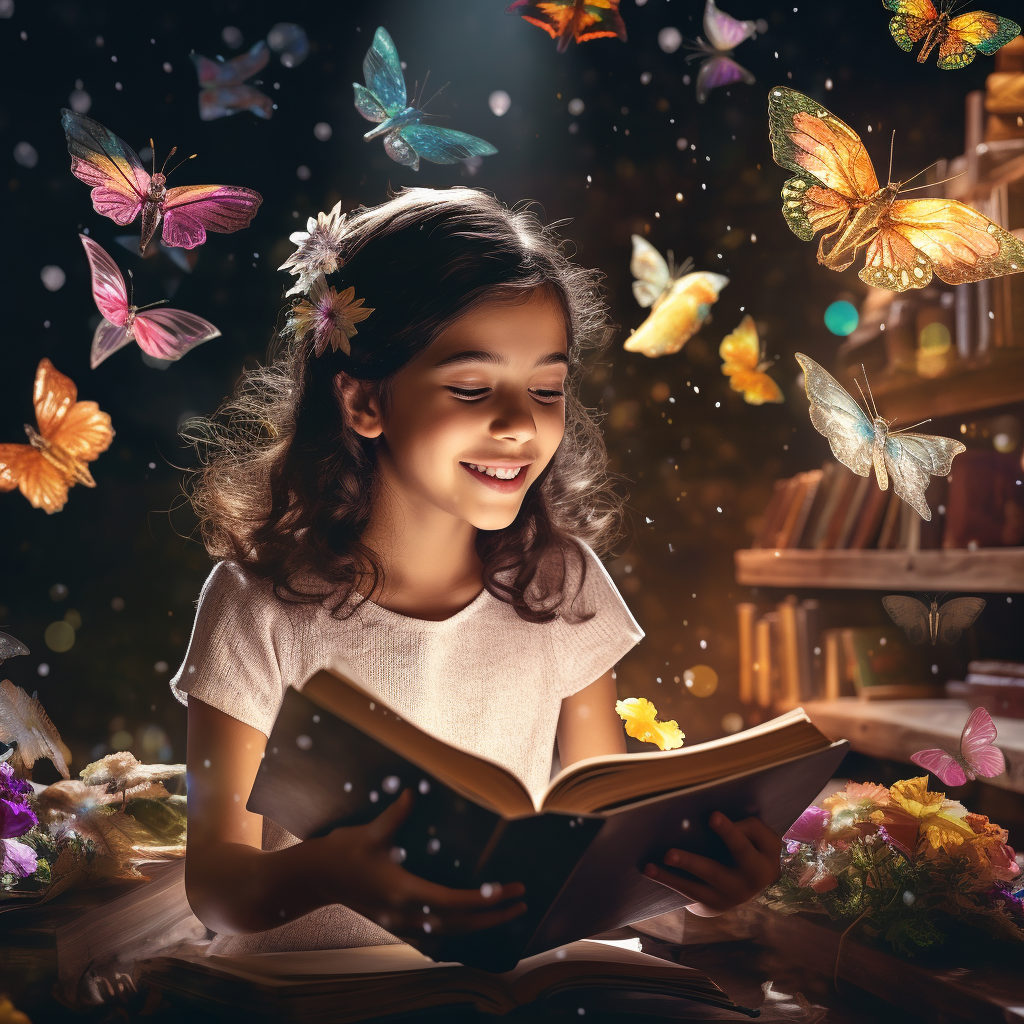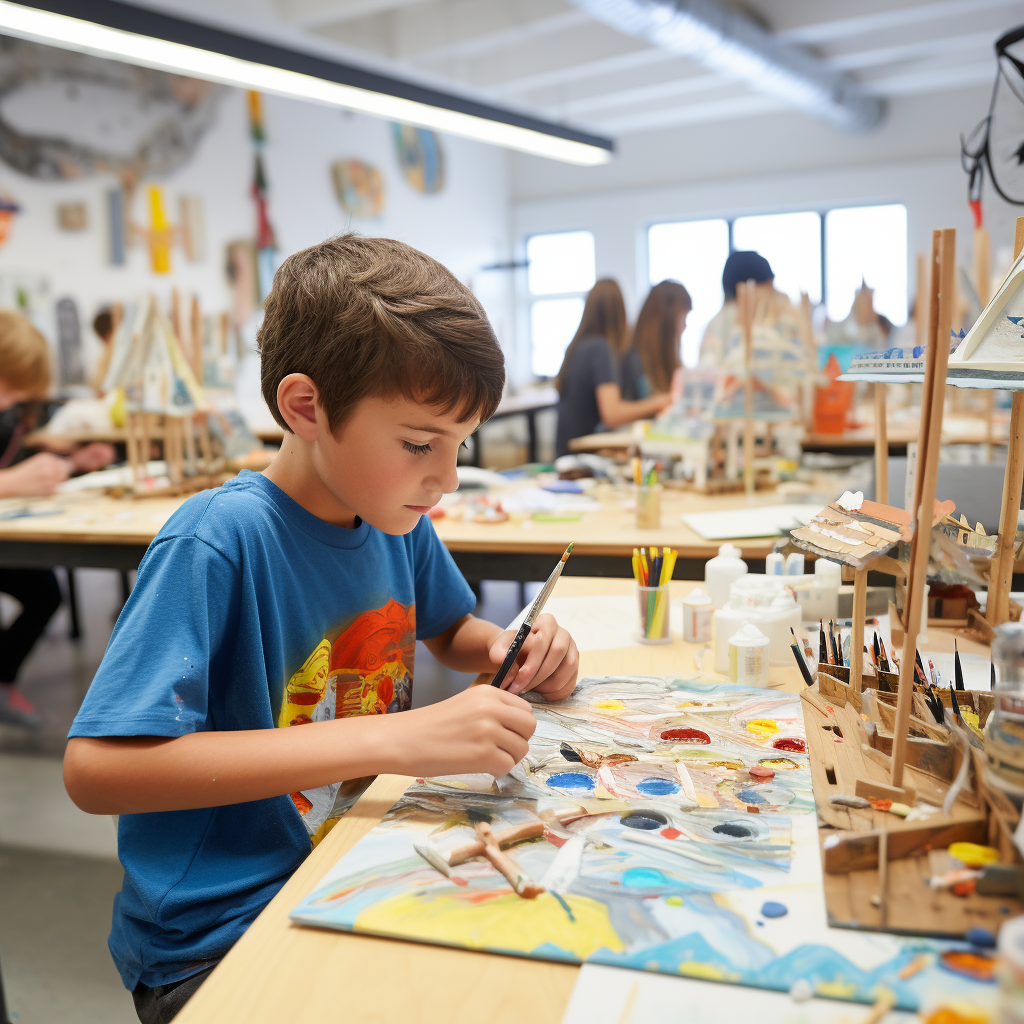Engage Your Brain: How to Challenge a Gifted Student!
Gifted learners possess unique cognitive abilities that set them apart from their peers. These individuals exhibit advanced levels of reasoning, problem-solving, and abstract thinking, often demonstrating a deep curiosity about the world around them. Understanding the mindset of a gifted learner is crucial for educators and parents who aim to provide the optimal learning environment. These children require educational experiences that are tailored to their exceptional intellectual capacities and that will challenge them adequately.
Gifted students thrive on complexity and are not satisfied with mere rote learning; they seek to understand the 'why' and 'how' behind concepts. This intrinsic motivation can be harnessed by presenting them with open-ended questions and opportunities for inquiry-based learning. The classroom environment should encourage exploration and the pursuit of personal interests, which can lead to heightened engagement and a love of learning. It's also important to recognize that gifted learners may experience heightened sensitivity and intensity, known as overexcitabilities, which can impact their social and emotional development.
At Vanguard Gifted Academy, we are committed to nurturing the unique mindset of each gifted learner. Our approach includes personalized learning strategies and a curriculum that emphasizes STREAM, ensuring that students are not only challenged but are also given the tools to grow intellectually and emotionally. For more information or to schedule a tour, email us at gifted@vanguardgiftedacademy.org.
Strategies for Personalized Learning Challenges

When it comes to how to challenge a gifted student, personalized learning challenges are key. These challenges are designed to align with each student's specific interests, strengths, and learning pace. The use of differentiated instruction is one such strategy, where tasks are tailored to meet the readiness level of each learner, ensuring that every student finds the work neither too easy nor too difficult. Personalized learning also involves setting individual goals and providing opportunities for students to make choices about their learning paths.
Another effective approach is the implementation of compacting the curriculum, which allows students to bypass content they already know and move on to more complex and in-depth material. This prevents boredom and disengagement, keeping gifted learners on a trajectory of continuous growth. Furthermore, project-based learning can offer an excellent framework for personalized challenges, as it invites students to dive deeply into topics they're passionate about, developing their research skills and creativity.
Utilizing technology in the classroom can also enhance personalized learning. Adaptive learning software and online platforms can offer a myriad of resources that cater to diverse learning styles and abilities. These technologies can be particularly beneficial in creating individualized learning experiences that are both challenging and engaging for gifted students. By embracing these strategies, educators can create a dynamic learning environment that recognizes and fosters the unique capabilities of each gifted learner.
Incorporating STREAM to Stimulate Gifted Minds

To effectively stimulate the minds of gifted students, the inclusion of STREAM—Science, Technology, Research, Engineering, Arts, and Mathematics—into the curriculum is essential. STREAM education moves beyond conventional teaching methods by integrating these interconnected disciplines into a cohesive learning paradigm that mirrors the real world. This educational approach encourages students to engage in critical thinking, problem-solving, and innovative design, which are all critical skills for gifted learners.
Through hands-on projects and experiments, students can explore scientific concepts, while technology integration allows for the use of advanced tools and software, further enhancing their learning experience. Research components in STREAM education emphasize the importance of inquiry and the development of questioning strategies that lead to deeper understanding. Engineering challenges invite students to apply their mathematical and scientific knowledge to create practical solutions to complex problems.
The inclusion of the arts is especially beneficial for gifted students, as it provides a platform for self-expression and the development of their creative and emotional intelligence. Arts integration in STREAM education promotes innovative thinking and allows students to draw connections between the arts and other STREAM subjects. Meanwhile, mathematics instruction in this context goes beyond computation to include logical reasoning and the ability to analyze data critically.
By incorporating STREAM into the curriculum, educators can provide a rich and varied educational experience that challenges gifted students to expand their horizons and apply their intellect in dynamic and meaningful ways.
Fostering Research Skills and Critical Thinking

Gifted students possess an innate curiosity and capacity for deep analytical thinking. Fostering research skills and cultivating critical thinking are fundamental in harnessing these natural inclinations. By prioritizing these skills, educators can help students to not only accumulate knowledge but also to understand and evaluate information critically.
Developing research skills begins with teaching students how to ask the right questions. This involves encouraging them to look beyond surface-level details and to consider the broader context of the information they encounter. Students learn to gather data from reliable sources, discern the credibility of different types of evidence, and synthesize information to draw well-founded conclusions.
Critical thinking goes hand in hand with research, as it empowers students to analyze arguments, recognize logical fallacies, and construct reasoned responses. Activities that stimulate critical thinking might include debates, problem-based learning scenarios, and the evaluation of case studies. These experiences enable gifted students to apply their knowledge in complex, real-world situations, thereby enhancing their problem-solving capabilities.
Furthermore, by integrating technology into research and critical thinking exercises, students gain proficiency in digital literacy—a skill set increasingly important in the modern world. Whether they are navigating databases, engaging with interactive simulations, or presenting their findings using multimedia tools, gifted students benefit from an educational environment that both challenges them academically and prepares them for the future.
The Role of Arts in Challenging Gifted Students

In the context of gifted education, the arts play a pivotal role in providing a comprehensive learning experience that stimulates all facets of a student's development. Challenging gifted students through the arts allows them to explore complex emotions, develop aesthetic appreciation, and express creativity in multifaceted ways. The integration of arts into the curriculum of gifted programs offers a dynamic platform for students to push the boundaries of conventional thinking and engage in divergent problem-solving.
Artistic pursuits such as visual arts, music, theater, and dance enable gifted students to experiment with abstract concepts and non-linear thought processes. These activities encourage risk-taking and innovation, as students are often tasked with creating something entirely new and original. Through the arts, students learn the value of perseverance, as they work through the iterative process of refining their craft.
Moreover, the arts provide an outlet for gifted students to channel their intense emotions and sensitivities, which are common traits among this demographic. By expressing themselves through artistic mediums, students can explore personal identities and cultural heritage, fostering a sense of self-awareness and confidence. The collaborative nature of many artistic endeavors also enhances social skills, teaching students the importance of teamwork and communication.
Ultimately, the arts contribute to the cultivation of a well-rounded intellect, nurturing not only cognitive abilities but also emotional intelligence. For gifted students, the arts are not merely an extracurricular activity; they are an essential component of their intellectual and personal growth, challenging them to look beyond the black and white and appreciate the nuances of the world in full color.
Building Self-Awareness and Confidence in Gifted Learners
The journey toward self-awareness and confidence is particularly crucial for gifted learners, who may grapple with asynchronous development and heightened self-expectations. Fostering these aspects of personal growth requires a supportive and understanding educational environment that recognizes the unique emotional needs of gifted children. Vanguard Gifted Academy prioritizes social-emotional learning as a key component of its curriculum, understanding that the path to academic excellence is deeply intertwined with personal development.
By engaging gifted students in reflective practices and discussions about their emotions, thoughts, and behaviors, educators at Vanguard GIfted Academy cultivate an atmosphere where students can develop a strong sense of self. This introspection empowers students to recognize their strengths and weaknesses, set realistic goals, and build resilience against the challenges they may face. It also helps in developing empathy, leading to more meaningful relationships with peers and teachers.
Confidence in gifted learners is built through a series of successes and failures in a safe environment, where they are encouraged to take risks and learn from their experiences. At Vanguard, students are provided with opportunities to lead projects, present their findings, and engage in public speaking, all of which contribute to a robust sense of self-efficacy. The emphasis on personalized learning ensures that each student's educational journey is tailored to their readiness levels, promoting a sense of accomplishment and independence.
For parents and educators seeking to understand how to challenge a gifted student while promoting self-awareness and confidence, Vanguard Gifted Academy serves as a model institution. For more information or to schedule a tour, email us at gifted@vanguardgiftedacademy.org and discover a learning environment where gifted learners thrive both academically and personally.
